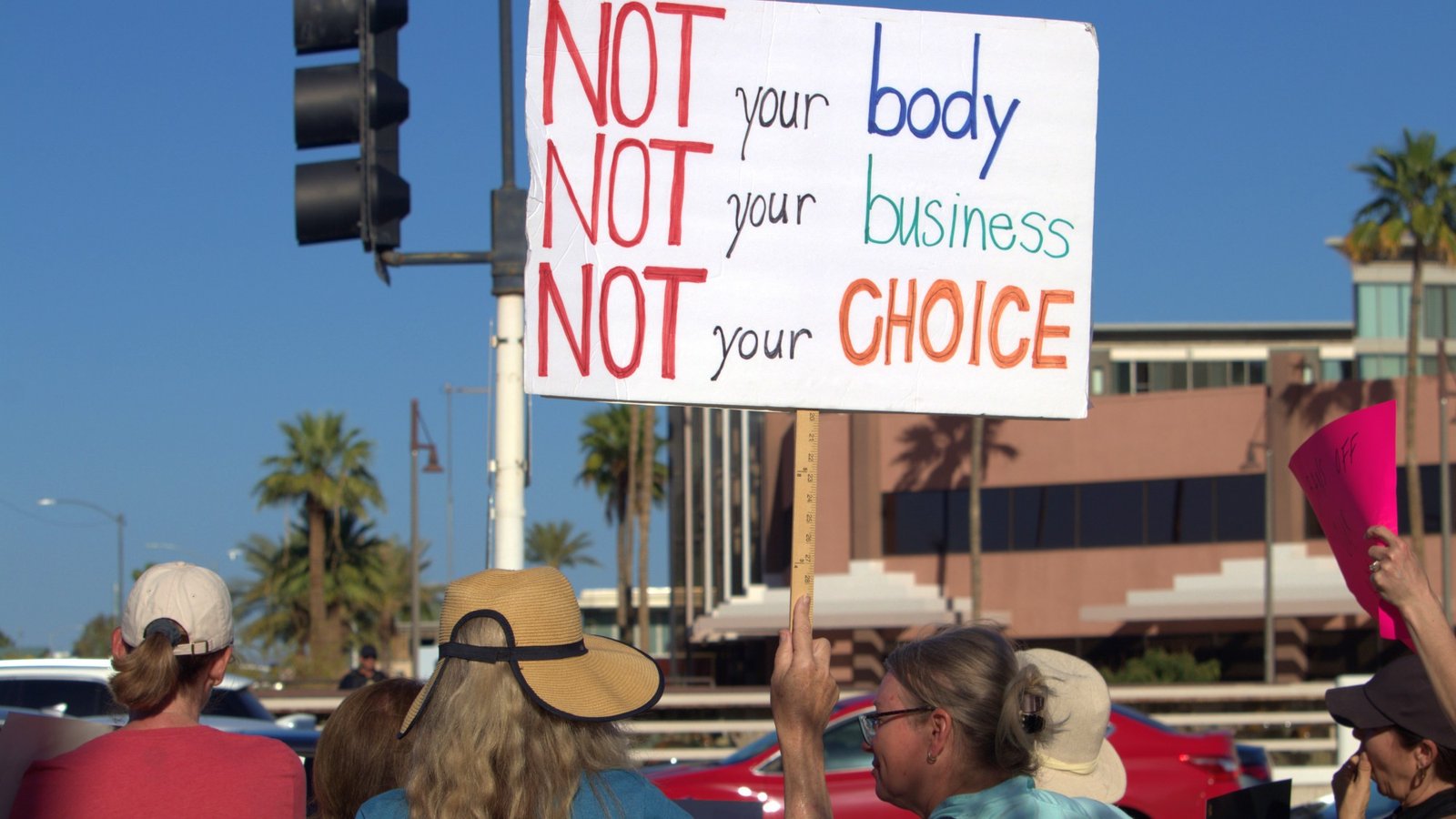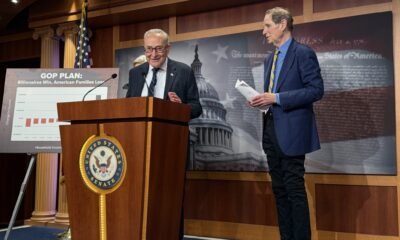abortion access
2024’s Reproductive Health Spotlight: Pregnant Women, Judges, and Anti-Abortion Activists Take Center Stage

In a year marked by fierce battles over reproductive rights, the aftermath of the U.S. Supreme Court’s reversal of federal abortion protections prompted significant activism across the country. From state legislatures to national campaigns, individuals and organizations rallied for both the expansion and the restriction of abortion access.
The impact of state abortion bans was profoundly felt by women who experienced wanted pregnancies. In the wake of Kentucky’s abortion ban, Hadley Duvall courageously shared her experience of being raped at 12 and subsequently getting pregnant. She became a prominent voice advocating for abortion rights in re-election ads for Democratic Governor Andy Beshear.
At the Democratic National Convention, Kaitlyn Joshua, representing numerous Louisiana women, recounted how strict abortion laws hindered access to miscarriage treatment. Louisiana Attorney General Liz Murrill publicly disputed Joshua’s account on social media, highlighting the contentious nature of the debate surrounding reproductive rights.
Wisconsin OB-GYN Kristin Lyerly exemplifies the medical community’s response to restrictive abortion laws. She participated in civic engagement discussions and shared her troubling experience of being pressured to carry a stillborn pregnancy to term. Lyerly also ran for office, advocating for reproductive rights in her conservative district, although she ultimately lost the election.
Allie Phillips, a Democrat who ran for a seat in the Tennessee legislature, sought to address the repercussions of her own state’s abortion ban. After being forced to travel to New York for medical care, Phillips vowed to continue fighting for reproductive rights even as she announced her new pregnancy. She is part of a lawsuit aimed at clarifying medical exceptions in Tennessee’s abortion laws.
Amanda Zurawski’s advocacy emerged from a harrowing personal experience in Texas, where her life was endangered due to delays in medical care under the state’s strict abortion ban. Her activism has led her to campaign for candidates supporting abortion rights, with ambitions to further engage in politics.
On the opposition front, the Charlotte Lozier Institute, an arm of Susan B. Anthony Pro-Life America, played a pivotal role in a federal lawsuit targeting medication abortion. Their research contributed to arguments against the approval of mifepristone as part of the case. However, public health experts criticized the methodology of their findings, claiming it was misleading.
February brought national attention to in vitro fertilization when the Alabama Supreme Court ruled that frozen embryos should be classified as children in wrongful death lawsuits. This ruling raised concerns among families undergoing IVF and led to significant changes in state law, indicating the complex interplay of reproductive technology and legal frameworks.
Texas attorney Jonathan Mitchell and pastor Mark Lee Dickson initiated measures aimed at curtailing out-of-state abortions. Their Sanctuary Cities for the Unborn project has seen the passage of numerous anti-abortion ordinances, although many are unenforceable. Despite setbacks in their campaign, including a ballot measure defeat in Amarillo, Texas Attorney General Ken Paxton’s legal actions against a New York doctor signaled ongoing efforts to challenge abortion access.


















